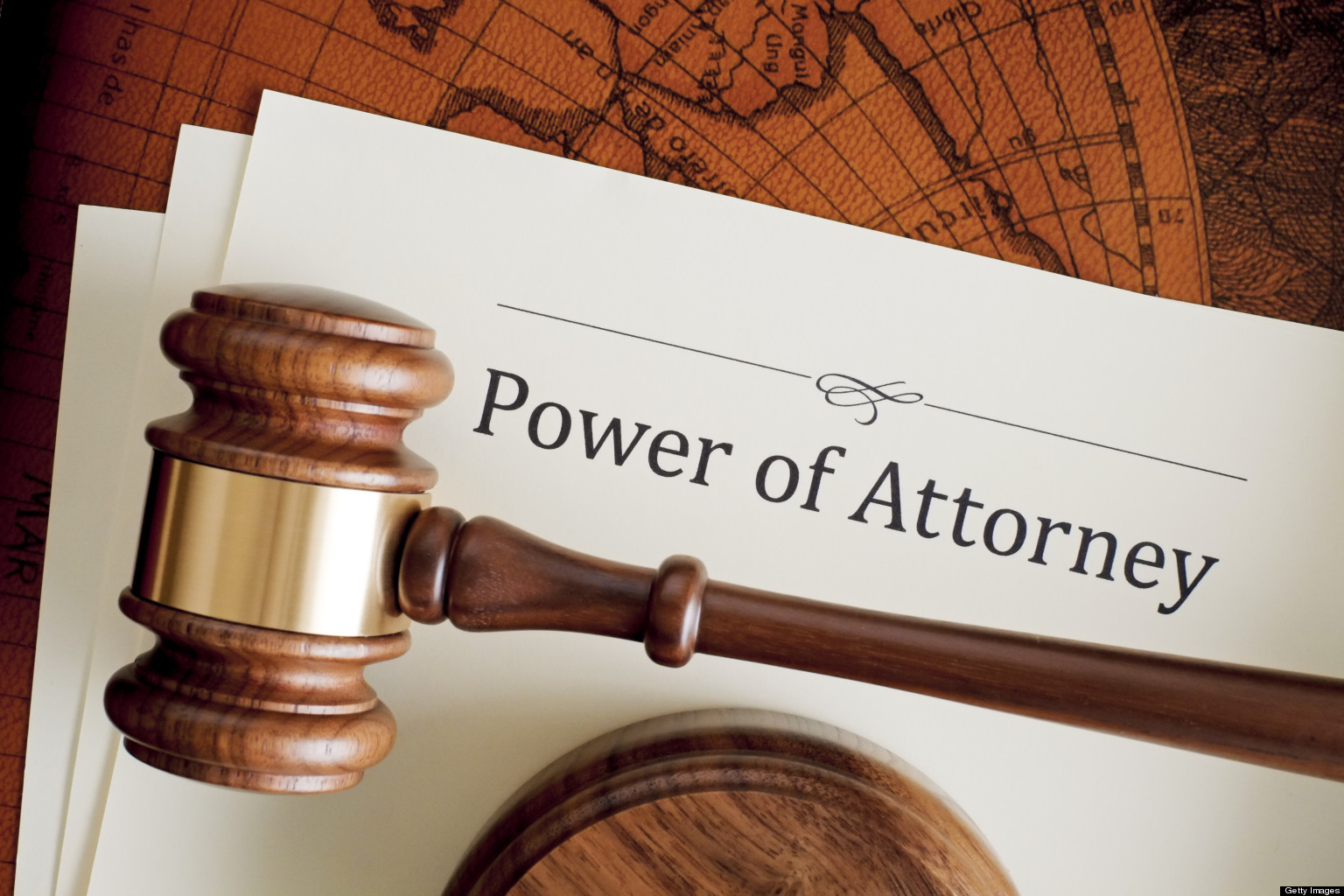Determining whether or not you need an attorney can be a daunting decision. Legal matters are complex, and understanding when professional help is necessary is crucial. This guide aims to provide clarity on how to assess your situation and make an informed choice.
Assess the Complexity of Your Case
The first step in deciding if you need an attorney is to assess the complexity of your case. Legal issues vary in intricacy, from simple matters like traffic tickets to complex situations involving contracts or litigation.
If you’re unsure about the legal process or feel overwhelmed by the paperwork and procedures, consulting with an attorney can provide valuable guidance.
Consider the Potential Consequences
Legal matters often have long-term consequences that can impact your life, finances, or reputation. For example, a DUI charge could lead to fines, license suspension, or even jail time. In cases where the stakes are high, such as personal injury claims or disputes over large sums of money, having an attorney advocate for your interests can make a significant difference in the outcome.
Evaluate Your Legal Knowledge and Resources
While it’s possible to handle some legal matters on your own, your level of knowledge and available resources play a crucial role. If you have a good understanding of the law, access to legal research tools, and the time to dedicate to your case, self-representation might be feasible for simpler issues.
However, for more complex matters or if you’re unfamiliar with legal procedures, hiring an attorney ensures that your rights are protected and gives you access to professional expertise.
Assess the Other Party’s Representation
In legal disputes, the other party’s representation can influence the need for your own attorney. If the opposing side has legal counsel, they are likely to have knowledge and experience that could put you at a disadvantage if you attempt to handle the case alone.
Hiring an attorney levels the playing field and ensures that you have someone who understands the complexities of the legal system advocating for your rights.
Specialized Legal Needs
Certain situations require specialized legal expertise. For example, if you’ve been involved in a truck accident, consulting with a truck accident attorney who understands the specific laws and regulations governing commercial vehicles can be essential in securing fair compensation for damages.
Seeking Legal Advice
If you’re still unsure whether you need an attorney, seeking legal advice can provide clarity. Many attorneys offer initial consultations where you can discuss your case and receive guidance on the best course of action.
For instance, if you’re dealing with issues related to an association, such as a homeowners’ association or professional organization, an association attorney can provide valuable insights and representation tailored to your specific needs.
Conclusion
Deciding if you need an attorney involves assessing the complexity of your case, understanding the potential consequences, and evaluating your own legal knowledge and resources.
Whether you’re dealing with a simple matter like a traffic ticket or a complex issue such as a personal injury claim or association dispute, the expertise of an attorney can provide invaluable support and ensure that your rights are protected.





